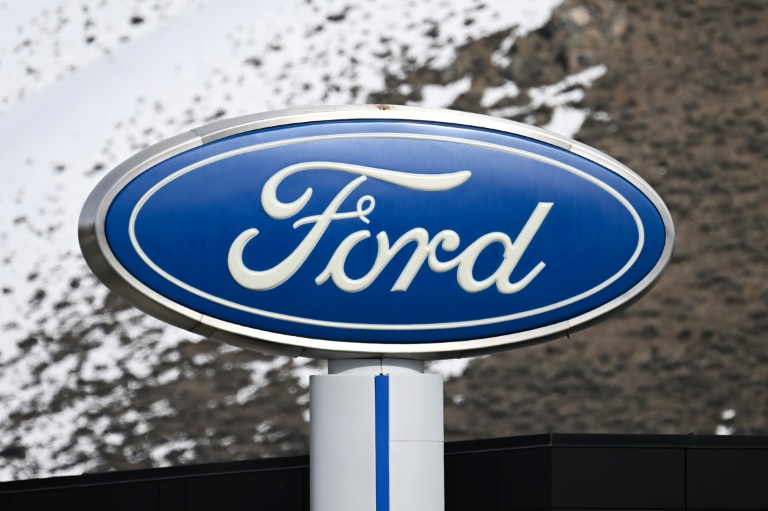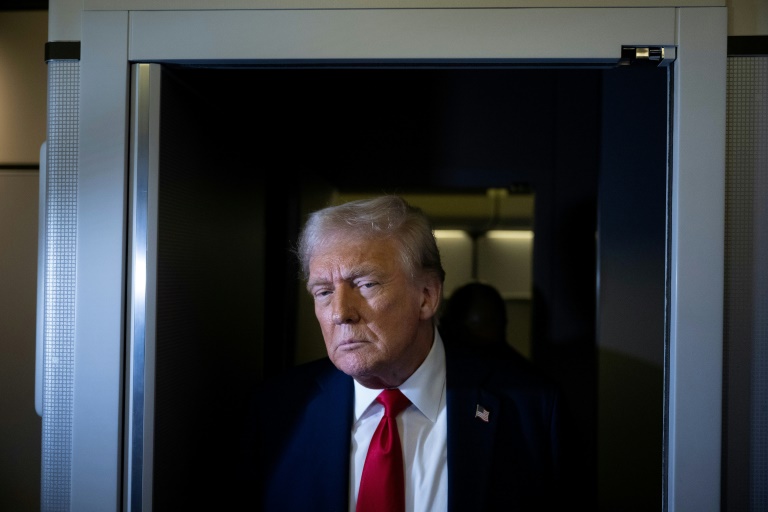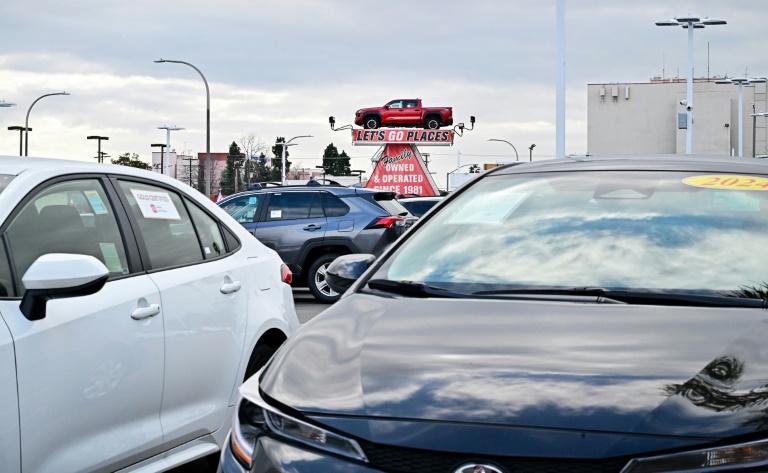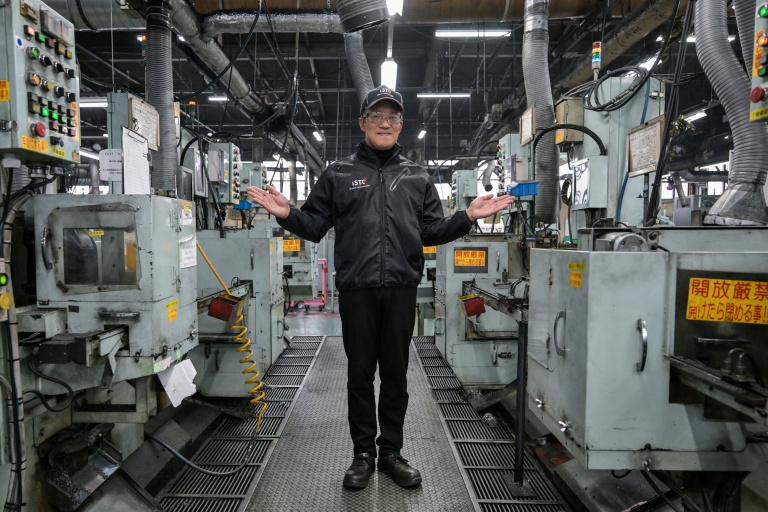London (AFP) – The UK’s highest court on Tuesday began a hearing to determine whether controversial car loans were unlawful, in a case that could cost banks billions of pounds in compensation. Banks are appealing a landmark ruling by a Court of Appeal in November that deemed it unlawful for car dealers to receive a commission on loans without sufficiently informing borrowers. It is estimated that millions of drivers would be eligible for compensation should the Supreme Court side with borrowers in the three-day hearing.
The loans, which were around for 14 years from 2007, incentivised car dealers to set higher interest rates in return for a bigger commission from the banks. Britain’s financial watchdog has made the commissions illegal. The Supreme Court will consider two cases against South African lender FirstRand bank and one against British bank Close Brothers.
Outside the Supreme Court on Tuesday, Desmond Gourde, a supervisor at a bus company, told AFP that he was there to support those who want to claim back money. Gourde managed to receive compensation after he purchased a used Honda Jazz in 2018 for more than £8,000 including interest — without knowledge of a nearly £800 commission for the dealer. “I had no idea there was a commission. I just applied for the finance, signed the paperwork, but no one told me about the commission,” the 56-year old said.
In preparation for the ruling, British banks have set aside considerable sums, including Lloyds Bank, which has earmarked nearly £1.2 billion ($1.6 billion). Contacted by AFP, the banks declined to comment at the start of the latest hearing. Consumer group Which! estimated it could cost banks up to £16 billion, while other analysts expect the sums to be higher, with those at HSBC suggesting it could hit £44 billion. The highest figures could put it on the same scale as the fallout from payment protection insurance (PPI), one of Britain’s most costly consumer scandals, according to analysts.
Kavon Hussain, a lawyer for one of the claimants, said that “when you went to buy a car the interest rate that you paid was set by the car dealer”. He explained that car dealers would likely have judged who could afford more or who could afford less to determine the rate. Amid concerns over the economic fallout, the UK government made an unsuccessful attempt to intervene in the case earlier this year. Analysts said that the Labour administration may be concerned about the impact on banks’ willingness to provide credit at a time when the economic outlook remains uncertain.
“The bigger the car dealership network, the bigger the commissions,” said Sam Ward, lead investigator at Sentinel Legal, who has worked on several of these car finance cases. “We found one car dealership network where they got paid £39 million as an advance commission before they’d sold even one car finance policy,” he told AFP. The Financial Conduct Authority, which banned undisclosed commissions in 2021, plans to wait for the judgement before deciding whether to start a programme for automatic compensation.
© 2024 AFP



















